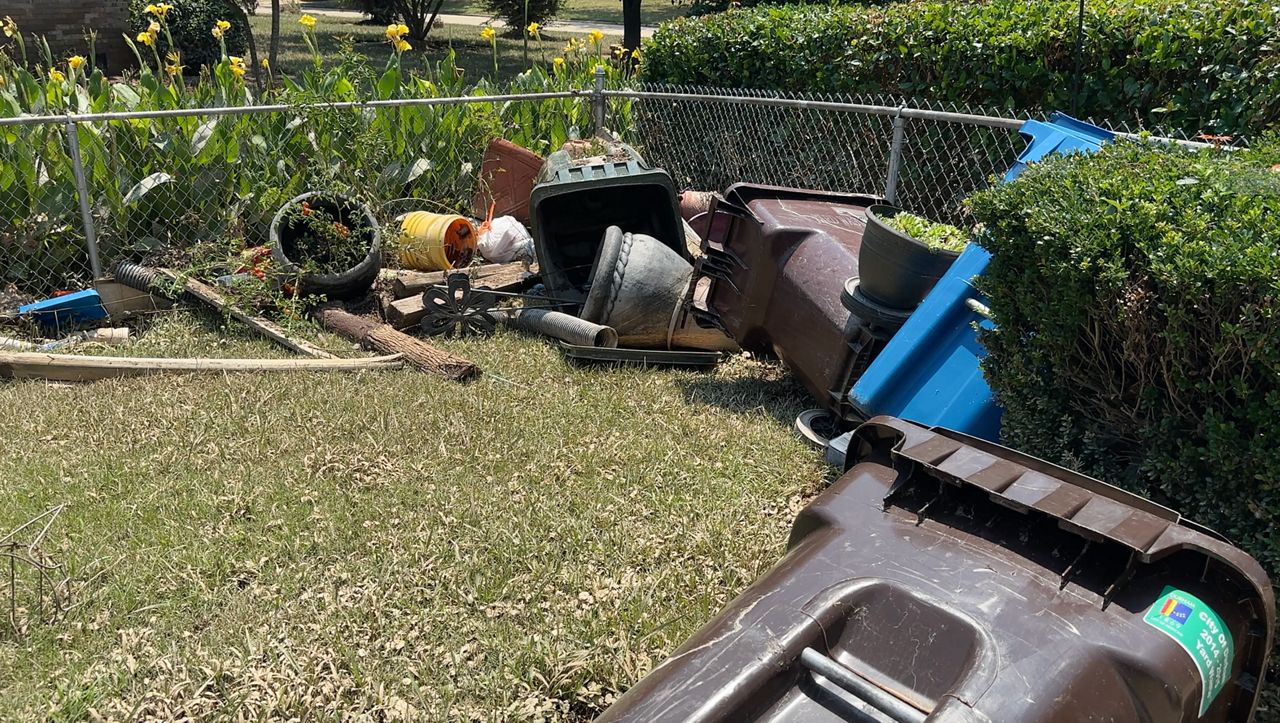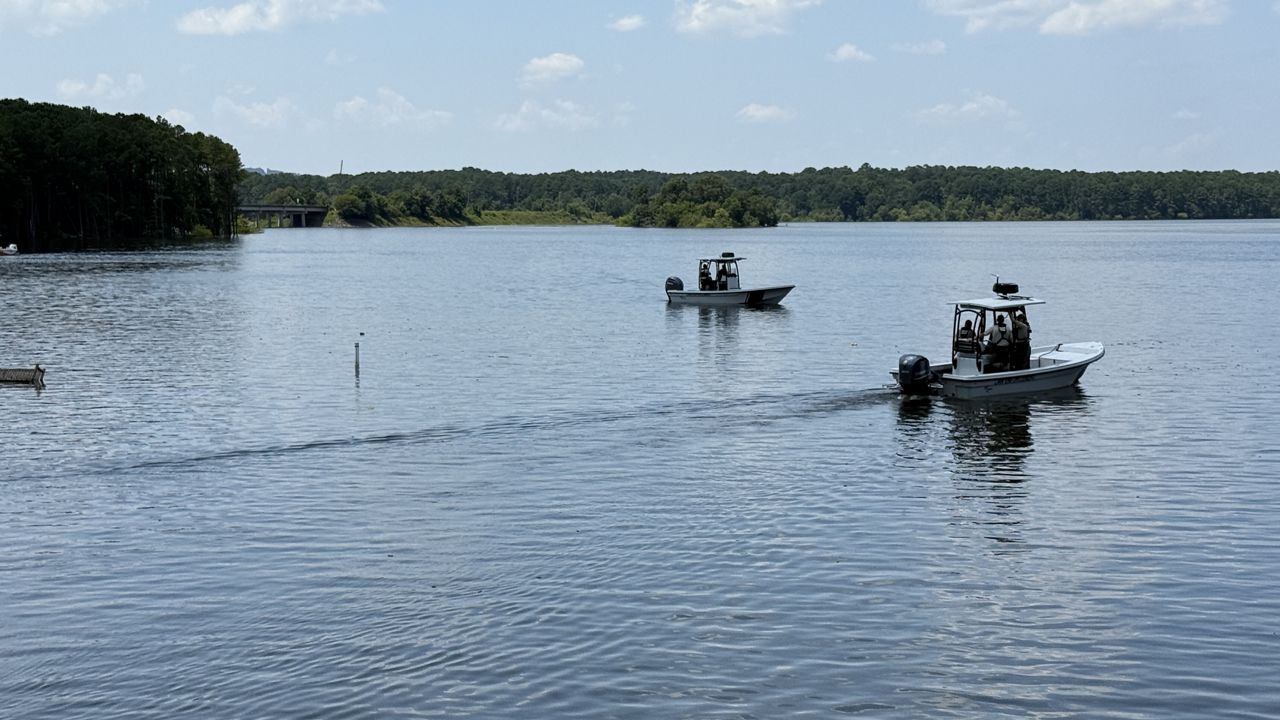DURHAM, N.C. — As summer approaches, community leaders across North Carolina have expressed the importance of summer camps as a safe place for kids.
The Durham City Council has talked about expanding the number of summer camps, especially after a string of shootings that involved teens recently.
Destiny Alexander, the founder of POOF Training and Event Center in Durham, which stands for Planning Our Own Future, aims to teach students the importance of building financial wealth, especially in underserved communities.
“We want to make sure we are setting them up for the future, that they have a fair chance at everything. Whether it’s buying land, whether it’s a mortgage, they want to take on. Whether they want to buy a business, [become] entrepreneurs, we need commercial space,” Alexander said.
Even a small amount of money can go a long way, but organizers are trying to teach students the more they save, the better off they’ll be in the long run.
The first lesson is called money-making decisions, where students practice real-life scenarios as a way to help them prepare for unexpected expenses.
All of the students are required to write down financial goals. They also learn how to deposit money into their bank accounts.
Niahshe Graves, 14, works as the secretary at POOF. She’s responsible for depositing money that students in the program raised for their summer trip to Jamaica, but the program also taught her how to set money aside for her own personal savings account too.
“Like for college, I’m starting to already start putting stuff up for college, because college is important for me, because I think it’s something I should start doing now,” Graves said.“Like for college, I’m starting to already start putting stuff up for college, because college is important for me, because I think it’s something I should start doing now,” Graves said.
POOF partners with Self-Help Credit Union in Durham to make sure students like Graves can start saving now so she can make history in her family.
“For me, if I go to college and I graduate, I’ll be the first college graduate in my family, so I really just want to do that,” Graves said.
Data from the Federal Deposit Insurance Corporation reveals more than 11% of Black households don’t use or have access to bank accounts compared to two 2.1% of white households.
Experts say this is because of lack of trust or belief that their money and privacy are in jeopardy.










_Cropped)